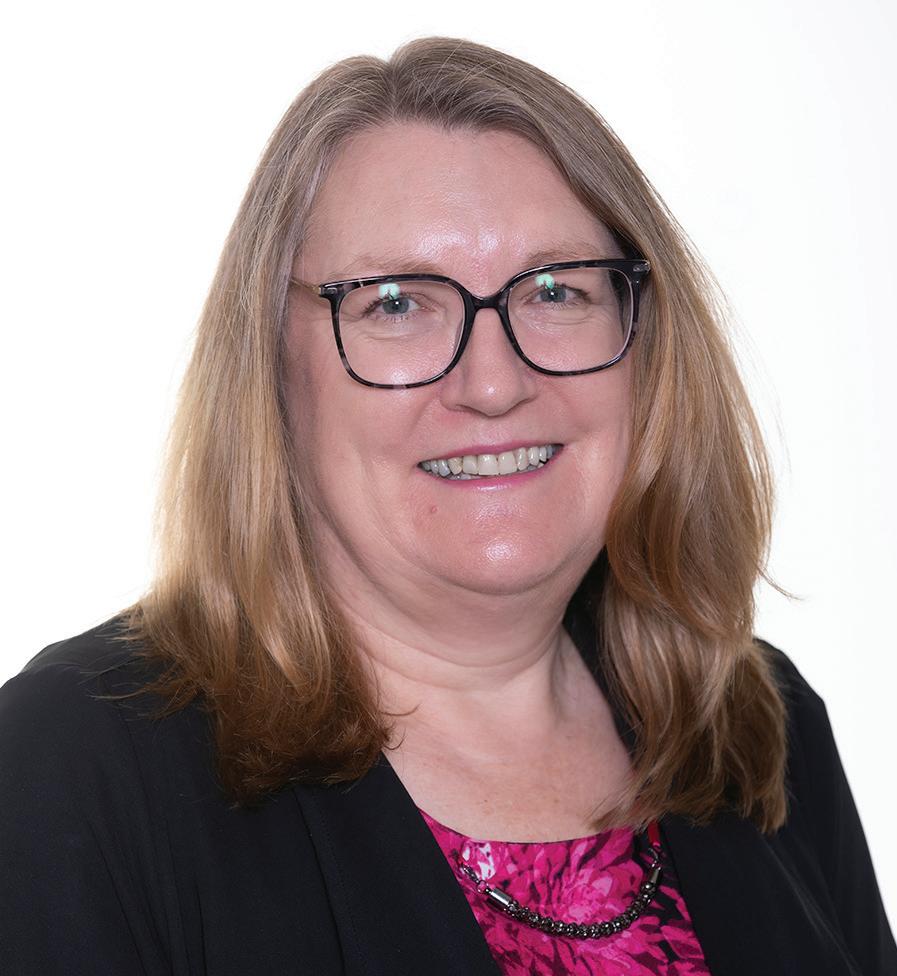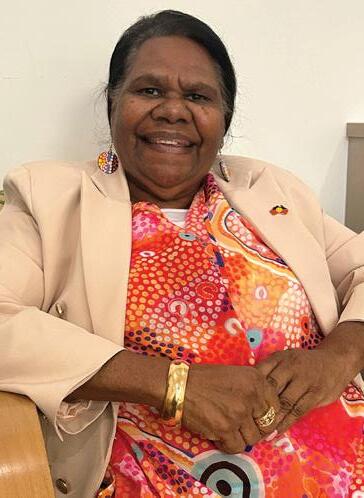
2 minute read
Reflection
chances and choices as nonIndigenous children, and the length and quality of a person’s life will not be determined by their racial background.”
As we celebrate Reconciliation Week, I am drawn to this definition of reconciliation in the Britannica Dictionary – “the process of finding a way to make two different ideas, facts, etc., exist or be true at the same time.” This is, for me, a deeply respectful way to consider how two different realities can sit side by side and inform each other. It also highlights the complexity and inherent challenge of reconciliation.
Reconciliation Australia suggests that “Reconciliation is an ongoing journey that reminds us that while generations of Australians have fought hard for meaningful change, future gains are likely to take just as much, if not more, effort. For Aboriginal and Torres Strait Islander peoples, Australia’s colonial history is characterised by devastating land dispossession, violence, and racism. Over the last half-century, however, many significant steps towards reconciliation have been taken. In a just, equitable, and reconciled Australia, Aboriginal and Torres Strait Islander children will have the same life
At its heart, reconciliation is about strengthening relationships between Aboriginal and Torres Strait Islander peoples and nonIndigenous peoples, so that all of us might live in safety and security, with opportunities that enable us to reach our true potential as human beings. For us at Murdoch, we strengthen these relationships through our active engagement and collaboration with the Djaalinj Waakinj Ear Health Program that provides essential ENT surgery to vulnerable young Aboriginal children at no cost and in a timely way.
We have an active and enthusiastic Reconciliation Committee that believes Reconciliation matters to Murdoch, and because of this, we are reaching out to a number of Aboriginal organisations to explore how we might provide more opportunities for caregivers to actively contribute to improving health outcomes for Aboriginal young people.
We are especially excited to introduce you to our new Reconciliation Committee member – Juanetia (Neta) Knapp. Neta is a wellknown and respected Goreng Woman from Gnowangerup. She has a rich and varied background having been born in a mission hospital and later taken from her parents care at the age of 9. Her early years were spent in the South West before moving to Claremont to attend Teachers College. After teaching for several years, Neta became a Nurse. She is currently the Artist in Residence at Notre Dame University in Fremantle, a cultural advisor and educator, and author. She is active in politics, advocacy and health, and sits on various boards and advisory bodies. She has received many awards for her community support and engagement in school, WA Police, and healthcare services. Neta loves classical music, reading and sharing her wealth of knowledge and lived experience. Neta says her life journey can be summed up in two words – vision and resilience. We look forward to welcoming Neta to our Reconciliation Committee and wider hospital community and sharing her vision and resilience.

We are also hosting, what we hope will be the first of several Aboriginal Health in Focus seminars that will deepen our understanding of the lived experience of Aboriginal people, and the health challenges they face on a daily basis.
As a visible indication of our commitment to reconciliation, we will soon be introducing a new Murdoch email signature. This will include the identification of Whadjuk Country in our actual address line, a more descriptive acknowledgement of Country, and a visual banner of the artwork that was gifted to us in recognition of our collaboration with Djaalinj Waakinj.
If you would like to find out more please contact me.
Jenni Ashton










